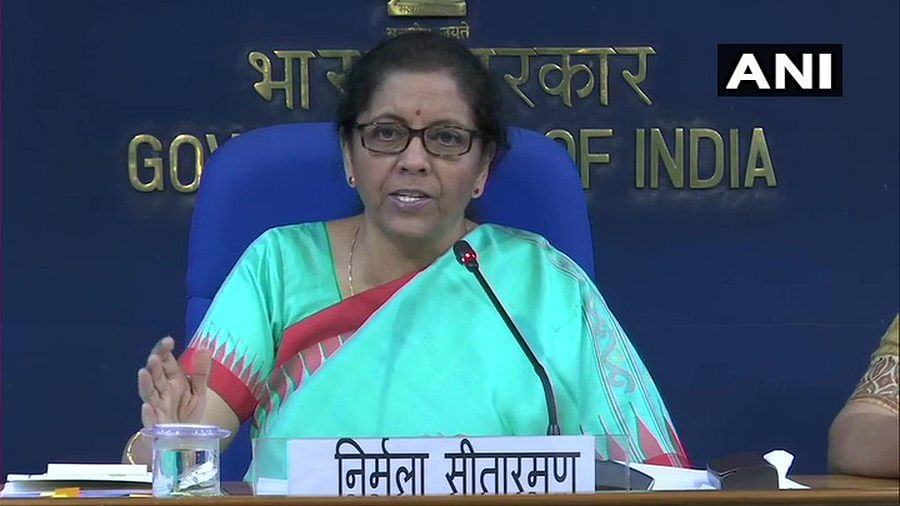
Let us understand a few concepts before we move on to the story.
A public sector undertaking (PSU) is a firm which is owned by the Government, that is, the Government has a shareholding of more than 50 %.
Disinvestment is selling of shares of the PSUs by the Government.
Disinvestment leads to privatisation only if the Government shareholding reduces to less than 51 %. This will transfer the control and management of the company from the Government to the private owners.
When shares are sold and the Government retains the majority of the shareholding, it is known as minority sales. It is usually done through an offer to the public for sales. The shares are listed on the stock exchange and are available to buy. It does not lead to privatisation.
When shares are sold to the private sector and the Government holding reduces below 51 %, it is known as strategic disinvestment or strategic stake sales. The Government sells the shares to a private entity selected through a competitive bidding process. Eg- sale of Modern Foods (PSU) to Hindustan Lever (strategic partner). Strategic disinvestment leads to privatisation. (The Government can also sell its stakes to another PSU. This is strategic disinvestment which does not lead to privatisation)
On 20th November 2019, the Government approved strategic stake sales in 5 PSUs-
- Bharat Petroleum Corp (BPCL)
- Shipping Corporation of India
- Container Corporation of India Ltd (Concor)
- Tehri Hydro Development Corporation Ltd. (THDCIL)
- North Eastern Electric Power Corporation Limited (Neepco)
- BPCL– The Government owns 53.29 % stake in BPCL. It will sell all of it. But, before selling NRL will be carved out of BPCL. BPCL has a shareholding of 61.65 % in Numaligarh Refinery Limited (NRL). BPCL’s shareholding in NRL will be transferred to another PSU and not to a private owner.
- Shipping Corporation– The Government will sell all of its 63.75 %. stake.
- Container Corps of India Ltd– The Government will sell 30.8 % out of its 54.8 % stake. (Therefore, Govt. shareholding will be reduced to 14 %)
In THDCIL and Neepco, the Government will sell all of its stakes to NTPC (another PSU). Thus, strategic disinvestment in 3 out of the 5 PSUs will lead to privatisation.
The Government had already announced strategic disinvestment in Air India. By the end of this year, it intends to complete the process of selling stakes in BPCL as well as Air India.
The Government also gave the approval to cut Government’s stake below 51 % in some PSUs. But, the Government will retain management and control as the total combined shareholding of Government and the Government controlled institutions will not reduce below 51 %.
The Government has a disinvestment target of Rs.1.05 trillion for 2019-20. So far it has managed to raise only 15 % of the target.
This privatisation drive will help the Government to raise money and plug the fiscal deficit gap. The Government’s revenue is expected to fall below target this year due to a reduction in corporate tax rates and falling GST collections.
[You may also read- GST Simplified and Fiscal Deficit Demystified]
Also, the privatisation is consistent with the larger goal of reducing the Government’s role in businesses.
That’s all. Please don’t forget to share the article with your friends. Thanks 🙂
Reference: Times of India
Update: People have been asking about disinvestment through the ETF route. I highly recommend you to read this article- Decoding Bharat 22 ETF